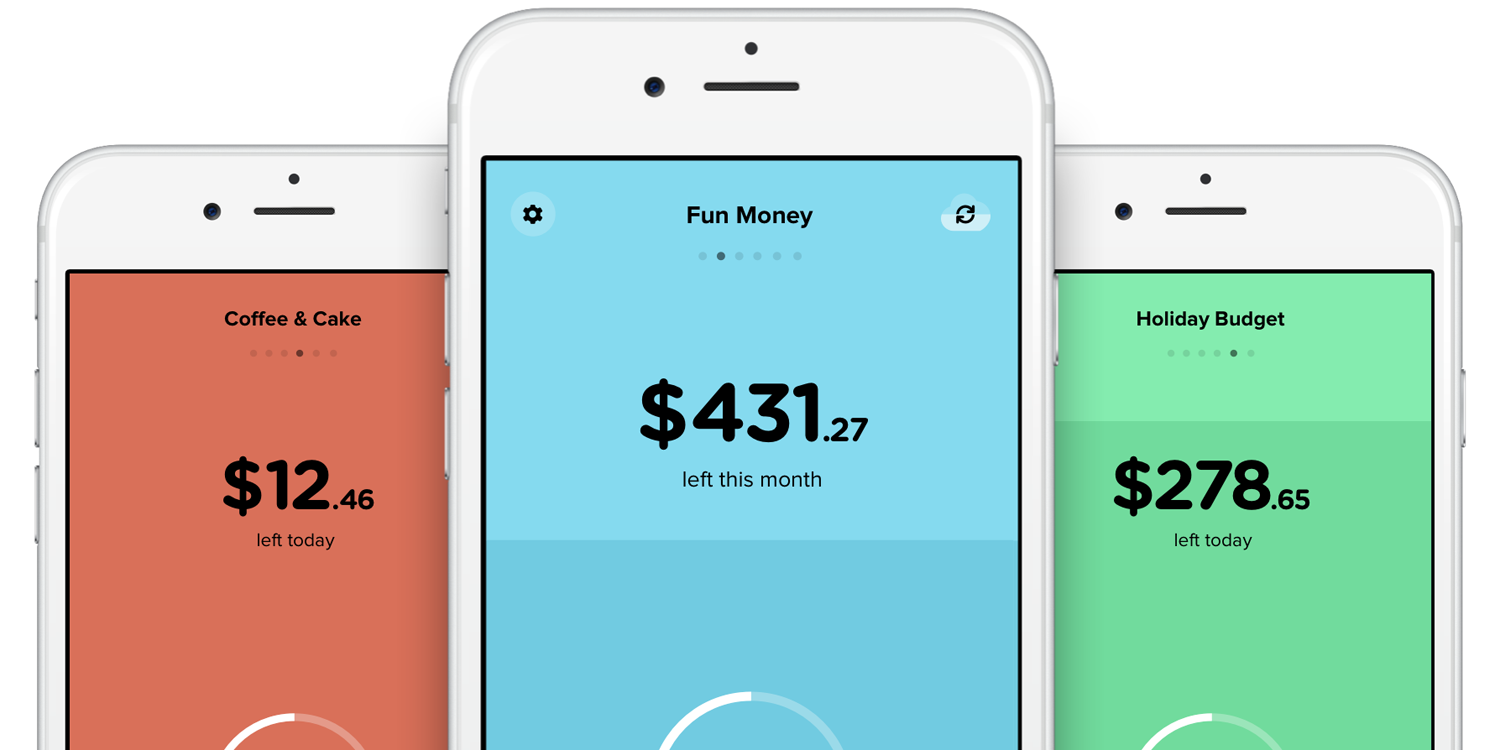There is a new trend going around when it comes to the banking system in terms of financial technology, and that is what they call open banking. This idea actually started in 2015, where the European Parliament actually revised the PSD or the Payment Services Directive, which is now the PSD2. The parliament revised it so that there will be new rules that has the goals of being able to promote as well as to develop the use of online and mobile payments with the use of open banking. Now that term is something that is definitely new, which is why people still don’t seem to be familiar with it, so if you want to know more about open banking, continue reading.

What is open banking?
Last 13th of January 2018, United Kingdom has become the very first ones to embark their financial journey with open banking. Open Banking is actually when described as to when the top 9 banks in the United Kingdom namely, HSBC, Barclays, Lloyd’s, Santander, RBS, Bank of Ireland, Allied Irish Bank, Danske, and Nationwide, must share their customer’s date with other companies, but only with their customer’s consent of course. This includes their credit cards and all their bank accounts, for a better financial transparency. This could them make the companies carry out payments for their customers. Of course, ATM’s and other traditional banking are very much in place, this is just for an innovative start to embrace the fact that financial technology is evolving and it must always be to the people’s advantage.
Experts believe that this could definitely change the way people manage their money, either for good or bad.

According to Ed Maslaveckas, who is the CEO of fin-tech startup Bud, who is working with United Kingdom bank HSBC for open banking said that the bank now have access to things that they didn’t get to have access before and that is having the power to be able to pull data as well as manage to do transactions on behalf of their customers, regardless of where their customers are. The bank will simply scan the account of their customers from their smartphones with a help of a certain app. The banks were of course given a newer and safer security standards and was given 18 months to do so.
What Does Open Banking Mean For Consumers?
The United Kingdom is the very first country in the world to take on and actually implement open banking. Experts believe that banks wouldn’t be able to pull this off this year, with a lot of private testing involved, but banks and customers will eventually get a hang of it within the next two to three years and it will, of course, be better.
Consumers wonder what this would mean for them and one of the things that they will start to notice immediately is the more refined and sophisticated apps from their banks that require tons of details and information compared from the usual apps. According to an interview with the CEO of a financial dashboard known as Moneyhub, who has worked with Lloyd’s Bank said that one of the things that they were able to do is to get access to an account and set up default limits as well as move money from savings to others. If a person has managed to have some spare money, they could have the option to send it to their savings in just one click. This could also mean that when people go shopping, all they need to is to scan a barcode for payment, and then the purchase is done, simple as that. However, this is not guaranteed to be done right away since banks and companies are still in their testing stages. Then again, experts believe that in a year or two, all of these could start happening.

It is very understandable for people to be skeptical since this would involve their security details. Giving access to banks to have every information and giving them the power to make a transaction on your behalf can be a bit worrying since it involves technology, and technology is not perfect nor it will ever be. People are concerned about glitches or apps crashing and things like that, which is why banks and companies are doing everything they can to prevent any sort of problems that they may face with the all new open banking.



